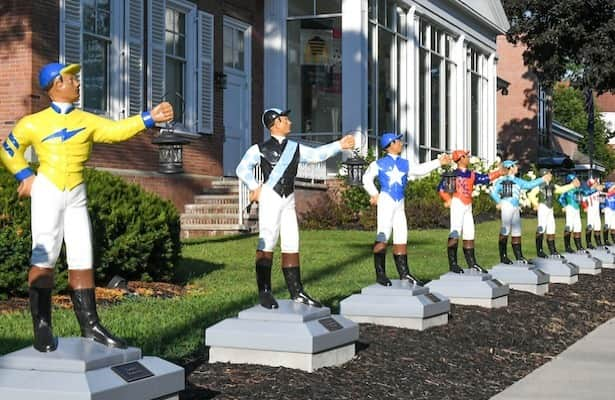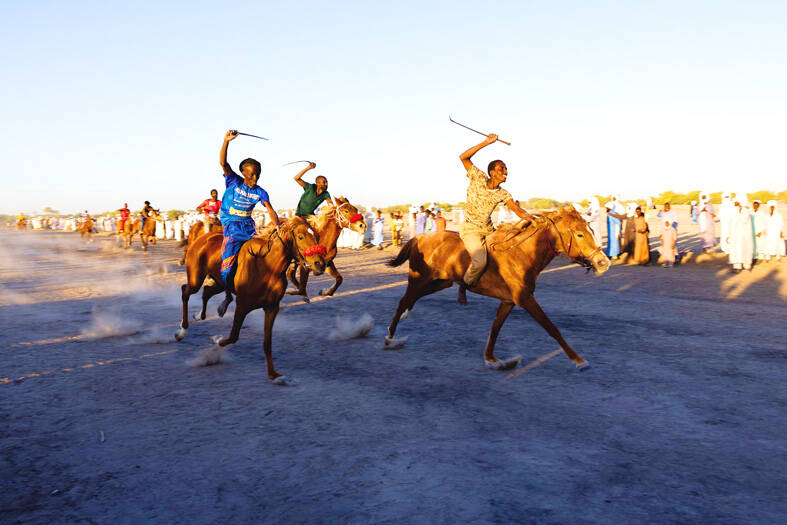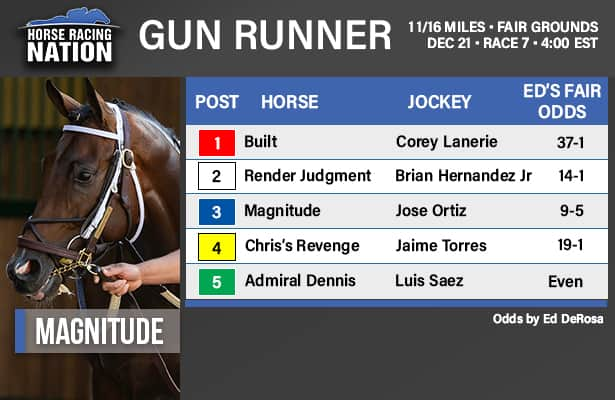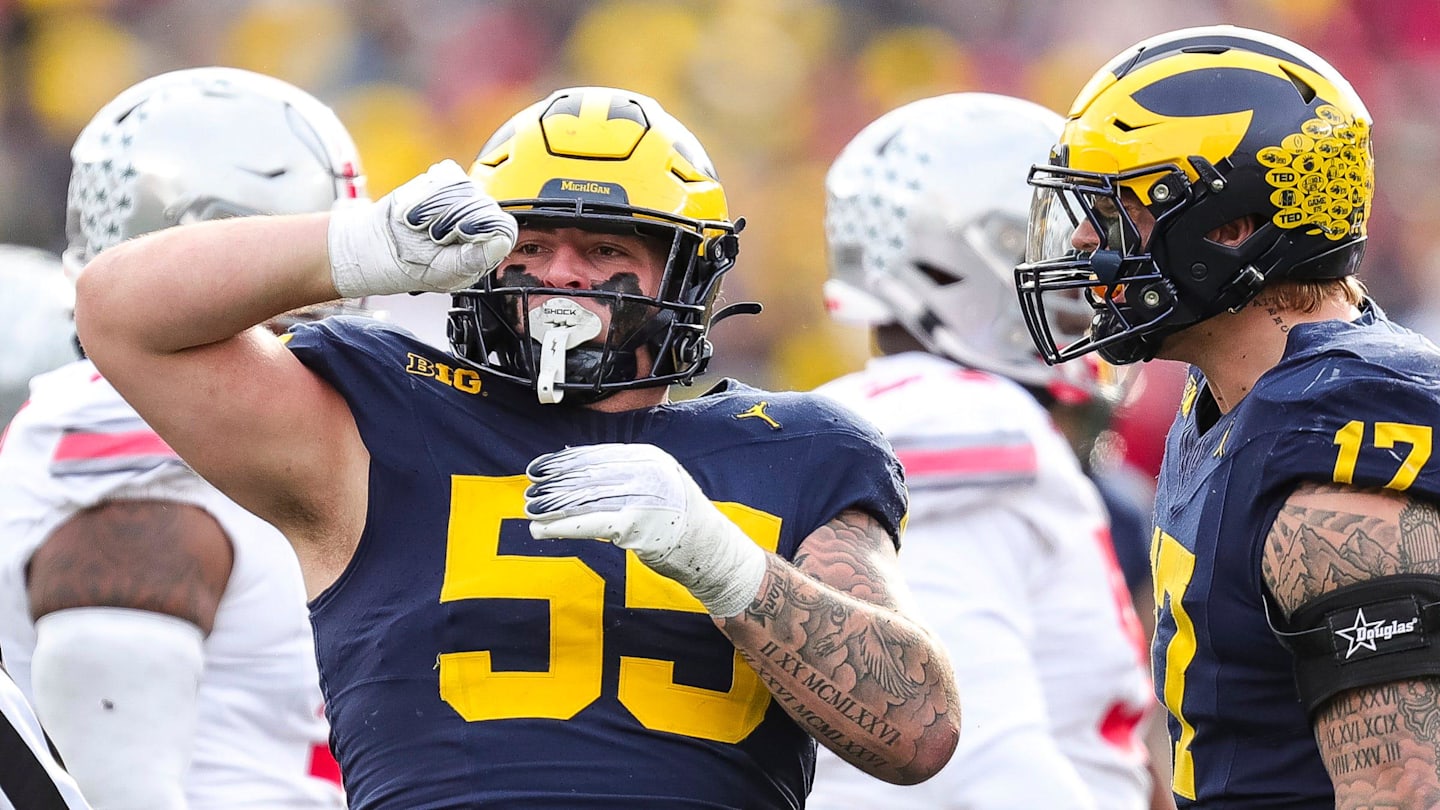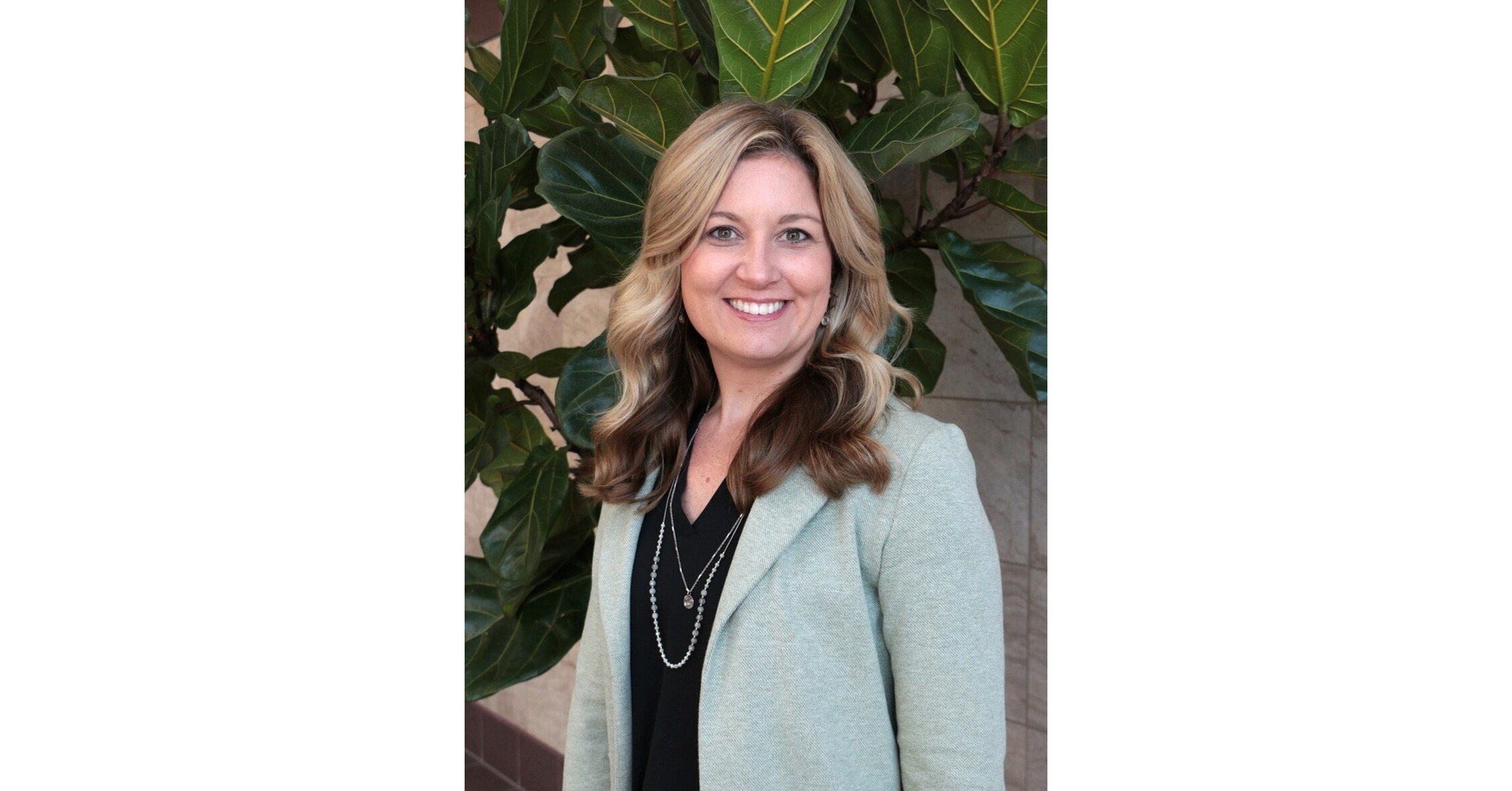“It Sucks, Basically”: NorCal Stakeholders React to Pleasanton News

On Monday, the California Authority of Racing Fairs (CARF) board voted unanimously (with one abstention) to rescind a proposed Golden State Racing meet spanning the first half of next year, essentially leaving Northern California without Thoroughbred racing in 2025 outside of the annual suite of summer fair meets.
This means that the Northern Californian horsemen and women have had little time to respond and adapt to a proposal by the Thoroughbred Owners of California (TOC) and 1/ST Racing and Gaming–a business entity under The Stronach Group (TSG) umbrella–to maintain a stabling base at Pleasanton, and for the horses there to be shipped to Santa Anita where an expanded menu of races are expected to be carded to fit the NorCal horse inventory.
Reached Tuesday while Monday’s vote was still fresh in their minds, several stakeholders speculated on what the latest upheaval to the state’s industry might mean to them and their businesses. If there was a throughline in their answers, it was of uncertainty as to just how many of the roughly 780 horses currently stabled at Pleasanton will remain on to fill races south of the state divide.
“Pretty sober around here today. A lot of folks don’t know what they’re going to do,” said Tim McCanna, currently leading the trainer’s table in earnings at the Golden State Racing meet at Pleasanton, which ends Wednesday.
McCanna has around 40 horses stabled at Pleasanton. He estimates that around half of this string will fit the Southern California circuit. The other half won’t.
Among the proposed offerings at Santa Anita are weekly races with preferences and restrictions for Northern-based horses. According to Santa Anita general manager Nate Newby, the bottom level claiming race could be lowered to either $6,250 or $5,000–down from a prior bottom of $8,000. A final decision on that will be made before Thursday, he said.
Alongside Santa Anita, trainers will also have the option of running some horses at Los Alamitos, which cards certain races for lower-tier Thoroughbreds.
“I’ve just printed up a stall app’ for Santa Anita, to see if I can get a few stalls to work out of,” said McCanna, who hopes to maintain a small stable of around eight to 10 horses at Santa Anita that he’ll rotate as horses ship back and forth the roughly 700-mile round trip.
McCanna said that some of his other horses will go to Emerald Downs, in Washington. More generally, McCanna fears the majority of horses at Pleasanton won’t make the cut in Southern California, even with specially carded races.
“There’s more cheap horses here than good ones,” said McCanna. “There’s a lot of guys who won’t fit down there. They’ll be out of the business–they can’t wait until June to run in the fairs. I think a lot of them are just going to scatter into the wind and I think that’ll have an effect on the fairs next summer.”
One of the trainers gearing up to give the new program a shot is Steve Sherman, who maintains a string of about 25 at Pleasanton.
“I’ve downsized my stable a little bit because I wasn’t sure what direction it was going to go in,” he said. “I kept hearing a lot of bad things this last month, so I’ve put a lot of things on hiatus.”
Seven or eight of his horses are unraced 2-year-olds nowhere near race-fit. “They’re far away from a run, so actually, Pleasanton’s a great spot for them,” he said.
For his other 17 or 18 horses that are fit and ready to run, Sherman said that he hoped Santa Anita would write races suitable for the horses stabled in NorCal.
“I hope it’s the same program [as Golden State Racing at Pleasanton]. I hope they write the same kind of races. They said they were going to,” said Sherman. “Hopefully at the start of the year, we’ll have a better idea of what’s going on.”
A fear, said Sherman, is that a significant portion of the horses stabled at Pleasanton would be rerouted to Turf Paradise.
“I just don’t know how many horses are going to participate in this,” said Sherman. “I’ve heard they could lose a lot of horses to Phoenix [to Turf Paradise]. I don’t know how true that is.”
According to trainer Blaine Wright, Turf Paradise currently has limited stall space. “They don’t have enough stalls, they say, to accommodate a bunch of the horses over here,” he said.
Wright has a string of about 32 at Pleasanton. He expects to lose about six or seven horses to Turf Paradise. He’ll also send about six horses to Washington, when Emerald Downs opens for training there in February.
“Hopefully I can get most of my clientele to stick in there and give it a try. Some guys are on board and other guys aren’t. I know my stable’s going to get cut. My biggest fear is my workforce. I’m wondering how long I can keep most of my guys going,” said Wright.
“If it doesn’t work, then I’ll probably pack up and head home to Seattle and race at Emerald Downs for the spring and summer,” he said.
Wright said that he attended a Zoom meeting Tuesday morning with Northern-based owners and trainers, and representatives from TSG and the California Thoroughbred Breeders Association.
Discussed, said Wright, was the logistics of the vanning program (the cost of which will reportedly be covered for the trainers), travel incentives for the trainers and grooms, as well as possible carded races at Santa Anita.
“Hopefully they’ll have a bit of a book put out for us in the next few days,” he said.
Still, Wright described as a key concern of his the roughly 700-mile round-trip that horses stabled at Pleasanton must undertake to run at Santa Anita.
“How often can we really ship these horses that far? It’s one thing to go from Golden Gate to Pleasanton or Pleasanton to Santa Rosa. You try to run these horses every two to three weeks. Well, that’s probably not very doable when you’re 350 miles away,” said Wright.
“Right now, it’s take a deep breath and see what happens this next month. About all we can do at this point,” he added, with resignation.
A concern of trainer Bill McLean’s is the response from some of his clientele to losing the ability to see their horses run (and potentially train) on their doorstep.
“I was just speaking to an owner this morning. He said, ‘I want to watch my horses run. I don’t want to have to go down to Santa Anita. I love to run in my own backyard.’ It’s tough–I don’t know how many owners up here will stay in the game or…” said McLean, letting the thought trail off.
McLean has about 36 horses at Pleasanton. He expects to lose some horses to Turf Paradise. Some will also move to Emerald Downs when that opens up. Everything, he said, is very much up in the air at the moment.
“I haven’t talked to all my owners yet, see what they want to do with some of their cheaper ones. Might have to get rid of some of them, I guess,” said McLean.
“It’s just come on all of a sudden. I thought we were going to be alright, when John Harris and George Schmitt offered some money to keep them going,” McLean added.
Harris and Schmitt offered Golden State Racing a $2-million line of credit for the proposed 2025 meet, now rescinded.
Doubts about the long-term viability of Santa Anita’s racing program for the lower-quality Pleasanton-based horses are also shared among other Northern California-based stakeholders.
“I can tell you what’s going to happen,” said owner-breeder Tom Bachman. “They’re going to write races for the North. They’ll never be able to fill those races. They’re going to say, ‘gee, we tried.’ And then they’re going to quit doing that,” he added.
“They’ll help some of the bigger people go down there,” said Bachman. “I just spoke with Tim McCanna and he said, ‘yeah, I’ll just open up a stable down there and rotate them through.’ But he’s got horses that are running for $12,500, $16,000 and $20,000 and a couple allowance horses so he can do that.
“These young guys that are running for $4,000, $5,000 and $6,250, they can’t do that. Those horses have got to run once a month, and they’re still upside down, even if they win,” said Bachman.
According to key California breeder Adrian Gonzalez, consolidation seems to make sense. “But I don’t know if all those horses will actually go down south,” he speculated. “From what I’ve heard from different trainers, if they had had 20 horses, about five would fit.”
As for Sherman, he voiced frustration that Golden State Racing folded too quickly. More could have been done, he said, to give the nascent program a fighting chance, like a better advertising campaign and better strategic coordination before the start of the meet in October.
“To me, they had one foot in and one foot out. They never had both feet in–that’s what it looks like from the outside looking in,” said Sherman. “It sucks, basically.”
Related
Racing museum names 3 writers to media roll of honor
Esteemed writers Tim Layden, Ed Schuyler Jr., and the late Edwin Pope have been selected to the National Museum of Racing’s Joe Hirsch media Roll of Honor.
Chadians saddle up for bush horse racing – Taipei Times
Through a cloud of dust in the late afternoon sunshine, Chadian jockeys, som
Pegasus World Cup Combines Horse Racing with Black Coffee &…
PWC 2024 - Best of the Best1/ST is bringing electronic dance music(EDM) to Thoroughbred horse racing in 2025 with Black Coffee and Diplo. The 2025 Pegasus Worl
Fair odds: Exciting Cox colt begins Derby trail in Gun…
It is rare that the most likely winner in a five-horse field offers value, but that could be in play Saturday at Fair Grounds when Admiral Dennis faces four ri
